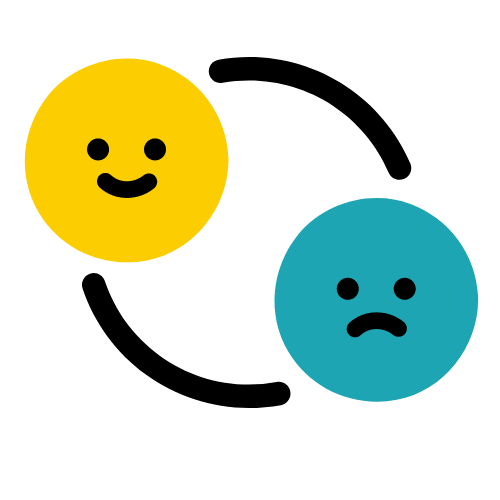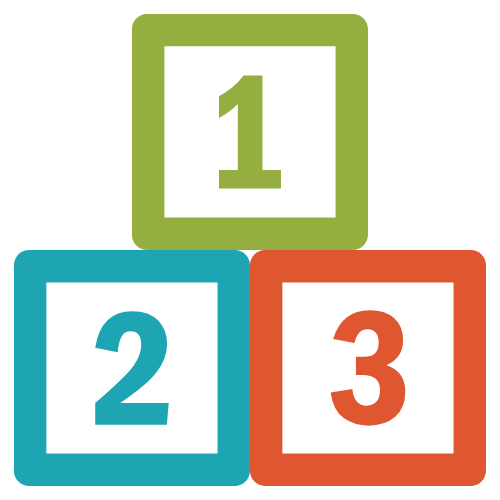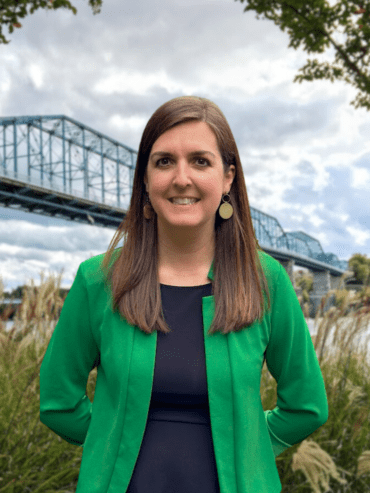
Do you know if your child is ready for kindergarten?
Chattanooga 2.0 and community partners in Hamilton County, TN want to ensure you are equipped with the knowledge, tools, and resources to support your preschooler on their journey to Kindergarten. Until now, parents of rising Kindergarten students have been left to guess as to whether or not their child is “ready” for Kindergarten. The truth is, your child’s kindergarten teacher will be ready for them on day one, no matter what. There are, however, many things families can do with their children in the years leading up to the start of “big school” to help give them a strong foundation for success in school and life. The resources on this page are for the families of four and five-year-old rising kindergarten students. For brain-building activities for younger children, head on over to our partner at ChattanoogaBasics.org.
This page is continually updated, so check back often for more resources to support your young learner.
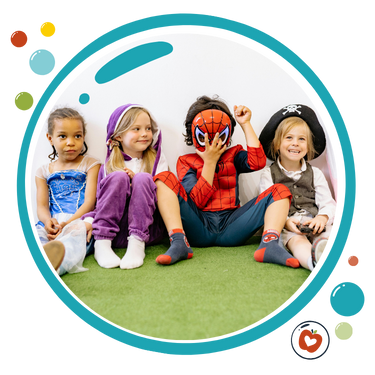
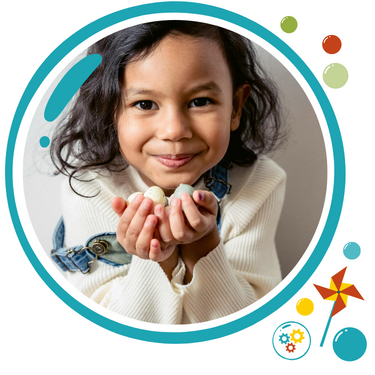
VIEW THE LIST OF SKILLS FOR SUCCESS IN KINDERGARTEN
The baby days are over and now your little one is headed to kindergarten! For parents and kids alike, this new chapter in life can bring about mixed emotions including excitement and nervousness. You can help your child feel competent and confident as they start their new adventure.
We compiled the below list of skills for Kindergarten in partnership with many local and state early childhood experts as well as Kindergarten teachers. It is, however, a list of suggestions and not requirements, meant to give you ideas and a better understanding of how to support your child’s foundation for school success.
No two children are alike. Some like to draw, play with blocks, or sing songs, while others might find it hard to hold a pencil or listen to music. Children learn at different speeds and in different ways. If you are concerned about your child’s development, talk to your pediatrician.
RESOURCES TO HELP YOU HELP YOUR CHILD
Preparing for kindergarten is an important task, but it doesn’t have to be stressful. The resources available on this website are designed to be included in your everyday conversation and quality time with your child. Make it fun and take your time! Spend time together and try a few activities each day in the months leading up to the start of school.
Always remember – with every story you read, skill you teach, or hug you give – you are the first and most influential teacher your child will ever have.
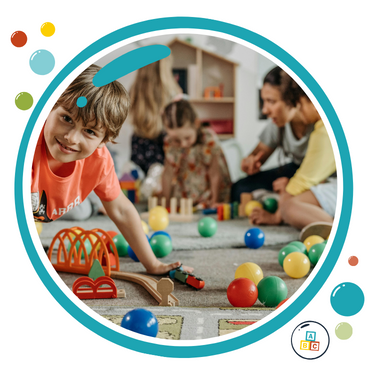
ALL THINGS KINDER AT HCS
need to register your child for kindergarten?
not sure which is your zone school?
DO YOU HAVE QUESTIONS AND WANT TO TALK TO SOMEONE AT HAMILTON COUNTY SCHOOLS?
HOW DO WE DEFINE KINDERGARTEN READY?
Children will grow into strong learners and adults when we support their brain growth before and after Kindergarten. In Hamilton County, we aspire that every rising Kindergartener is physically, socially, emotionally, and intellectually prepared for success in Kindergarten. To do this, they need families, schools, and communities to provide a strong foundation in the following five early learning skill areas: Learning Skills, Emotional and Social Skills, Language Skills, Math Skills, and Self-Help and Movement Skills.
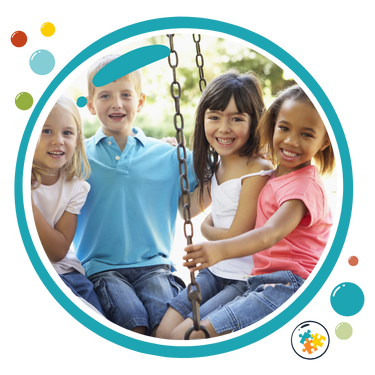
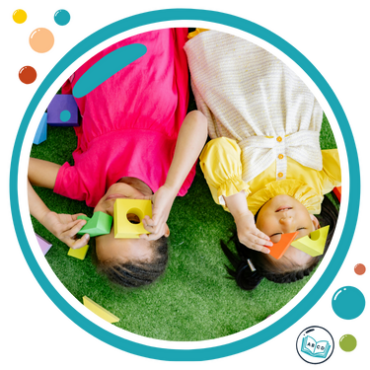
ACTIVITIES TO BUILD SKILLS FOR KINDERGARTEN
Did you know that “play” is one of the best ways to build all of the skills we talk about on this page? While simply “playing” with your child might not seem like learning to an adult, it’s actually critical for building cognitive, physical, social, and emotional well-being of children and young people. Through play, children learn about themselves and the world. Consider incorporating the below activities into your daily playtime!
(Children must be 5-years-old before starting Kindergarten in Hamilton County Schools. The below skills are developmentally-appropriate for four and five-year-old children).
This page is continually updated, so check back often for more resources to support your young learner.
CLICK HERE to learn more about why the below skills matter and how you can build them at home.
- I have been to the dentist and had my vision and hearing screenings
- I sleep at least 9 hours per night, and I eat enough veggies and fruits Sleep- But Why Podcast PBS Healthy Video
CLICK HERE. Learn more about why these skills matter and how you can build them at home.
- I can count to 30 PBS Activities NEW – Learn STEAM Concepts with Ramps and Shadows!
- I can point to and count 10 objects
- I know my colors and can draw shapes, such as circle, square, triangle PBS Activities and Videos
- I can describe the position of objects: up/down, left/ right, behind / beside, in front / on top PBS Position Words
- I can recognize and repeat simple patterns such as star, moon, star, moon
- I can point to and count 20 objects VIDEO: Counting to 20
CLICK HERE to learn more about why these skills matter and how you can build them at home.
- I can listen to a story and answer questions about it
- I know my ABCs, can identify some letters and sounds of the alphabet, and turn pages in a book right to left on my own
- I can draw you a picture and tell a story about it, even if it looks like scribbles PBS Game
- I recognize my written name and can attempt to write it
- I notice words that rhyme (bat-cat, ball-tall) and make up nonsense rhymes (foodle, doodle) NEW Video from Chattanooga Library PBS Videos
- I speak in complete sentences of 6-8 words that can be understood by a stranger
- I can name the parts of a book and answer questions about the story VIDEO: Parts of a Book with Ms. Eva
CLICK HERE to learn more about why these skills matter and how you can build them at home.
- I can share, take turns, help, compliment, and play well with my friends NEW Video from TN Voices
- Once I’m 5, I can adjust to changes in routine and environment PBS Video
- I can use words to describe my emotions (ex: happy, sad, hungry) VIDEO: Expressing my Emotions PBS Daniel Tiger Video PBS Feelings Posters
- I seek and accept guidance from caregivers and teachers Sesame Street Video
- I know my full name, city, phone number, and reliable adult names
CLICK HERE to learn more about why these skills matter and how to support them at home.
- I move with control and balance while walking, running, jumping & climbing PBS Get Moving Video
- I can use pencils and crayons to trace and scissors to cut VIDEO: Drawing Stick Figures VIDEO: Tracing and Calm Breaths PBS Cookie Monster Cutting Dinosaur Train Cutting
- I can control buttons and zippers and dress on my own
- I can fold clothes and match objects together VIDEO: Matching Objects with Laundry
- I can use hand-eye coordination to put together a puzzle
- When an adult asks me to, I can eat, brush teeth, wash my hands and use the bathroom all by myself VIDEO: Hygiene Song PBS Video
CLICK HERE to learn more about why these skills matter and how you can build them at home.
- I can follow directions to complete a task PBS Video
- I can persist through challenging learning tasks VIDEO: Persisting in Challenging Tasks
- I can play by myself and also with other children my age PBS Video
- I can recognize and repeat simply patterns VIDEO: Recognizing Simple Patterns
- I can use my five senses to observe and describe the world around me VIDEO: Learning with the Five Senses
I can point out the similarities of items using compare and contrast VIDEO: Observation VIDEO: Noticing Similarities and Differences
- I show curiosity when I ask who, what, when, where and what/if questions VIDEO: Curious Questioning PBS Video
- I use pretend play to build my creativity and learn about the world around me VIDEO: Pretend Play
- I am eager to try new experiences and activities VIDEO: Eager to Learn!
I can describe the position of an object in relation to other objects Where’s My Shaker? Video
- I can focus on or complete one activity for 5 minutes before moving on Sesame Street Video
PARTNER RESOURCES
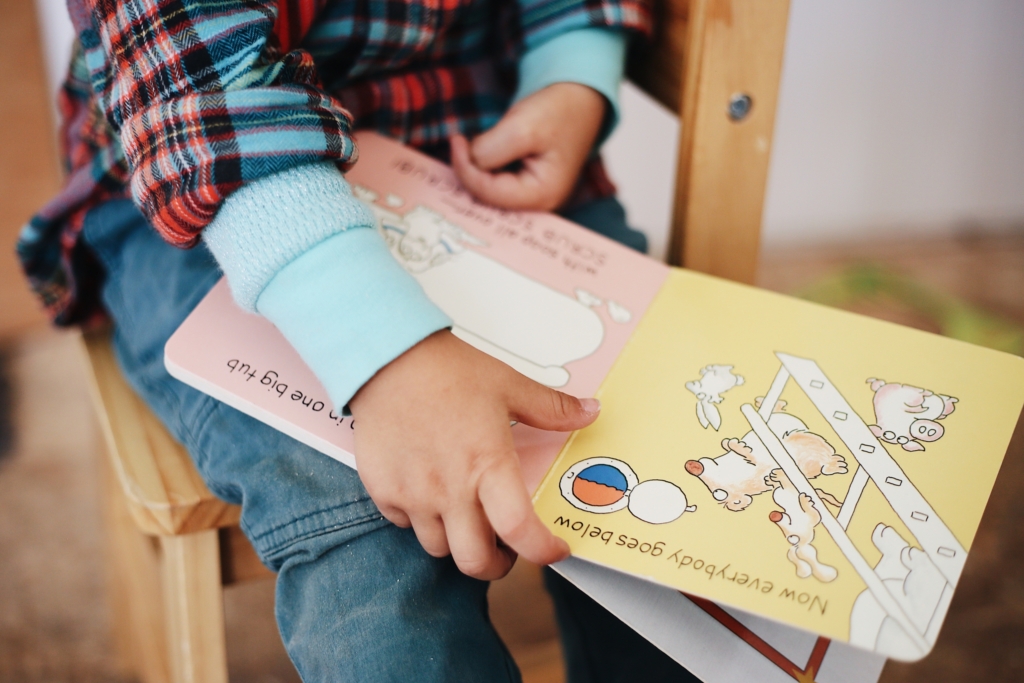
PBS
Visit the PBS Learning Media links to view videos that help children practice the above skills! Our friends at WTCI/PBS also put together two full lesson plans that incorporate PBS videos and work on all of the skills areas at the same time. Click the green button to check it out!
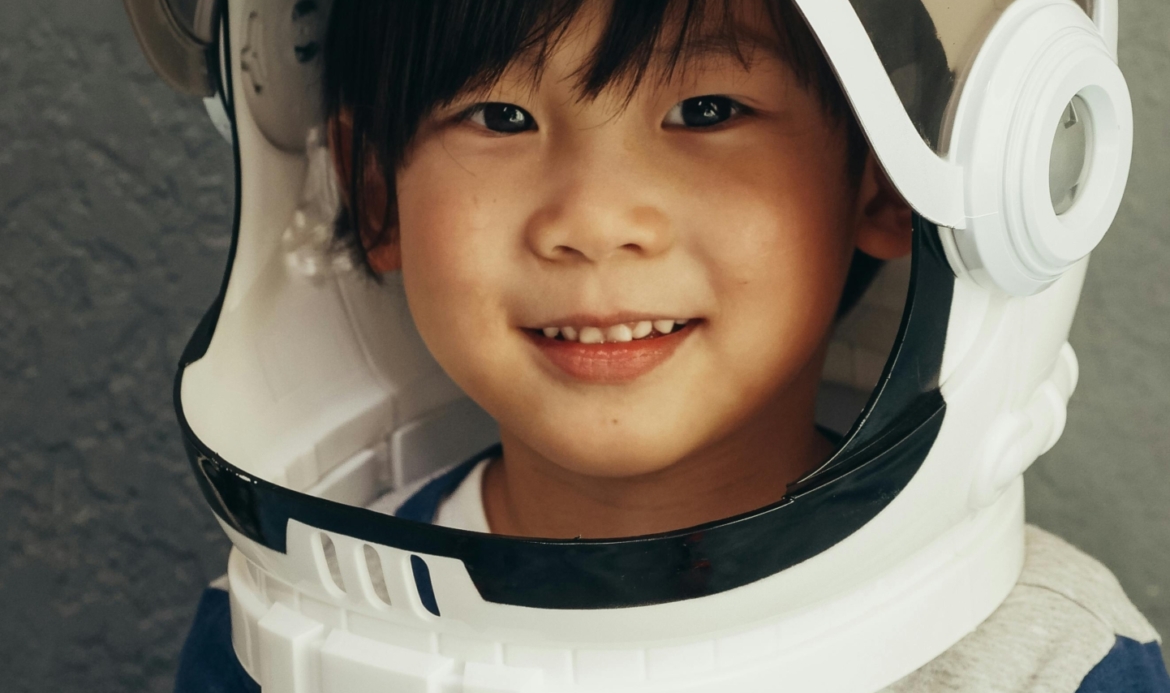
Creative discovery museum
Chattanooga’s local children’s museum is helping little learners get ready for Kindergarten through play and discovery. Their Early Childhood Specialist and education team created a downloadable resource for activities to try at home that reinforce kindergarten readiness skills.
The next time you visit the Museum, keep an eye out for Kindergarten Readiness signs with a QR code to scan for additional activities to encourage skill-building in their exhibits.
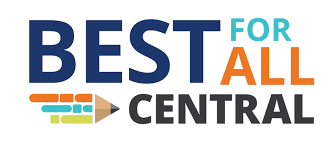
TDOE Pre-K to Kindergarten Transition Resources for Families
The TN Dept. of Education set a vision and intention that together as a state, we will set all Tennessee students on a path to success. The below resource provides Pre-K and kindergarten families with easy tips, helpful links, fun games, and valuable information that support children’s early learning. Each resource helps your family:
S – Focus on hearing and playing with sounds.
I – Stay informed on ways to support your child.
M – Model when playing and talking with your child.
P – Play games with sounds and words at home.
L – Spend time listening and learning with your child.
E – Engage in literacy activities that help prepare your child for school.
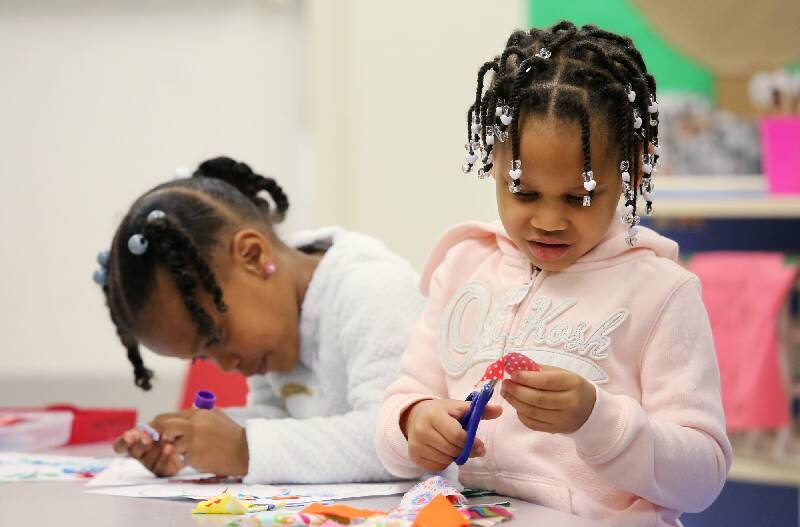
Chattanooga Basics
80% of brain growth happens within the first three years of life.
The Basics are five fun, simple, and powerful ways that every family can use to help every child have a great start in life.
Visit www.chattanoogabasics.org to learn more.
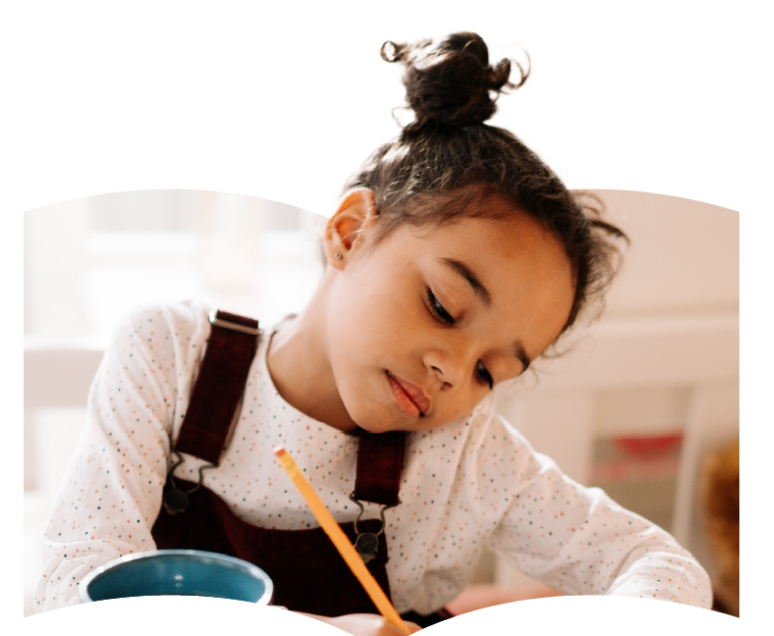
STARTING SCHOOL RESOURCES
Parent Powered has resources to help transition your rising Kindergarten into school, including topics such as “how to create a routine.” Check them out!
do you have a favorite way to build the Kindergarten-ready skills?
Chattanooga 2.0 partners have put together some great activity suggestions that will help build skills for kindergarten success. But we don’t have all of the ideas! If you’re a pre-k teacher, kindergarten teacher, homeschool teacher, or simply a parent who has found creative ways to engage their children, feel free to share your ideas with us. Click “Get Involved” at the top of this page and submit your activity in our contact form. Below are some suggestions we’ve already received!
